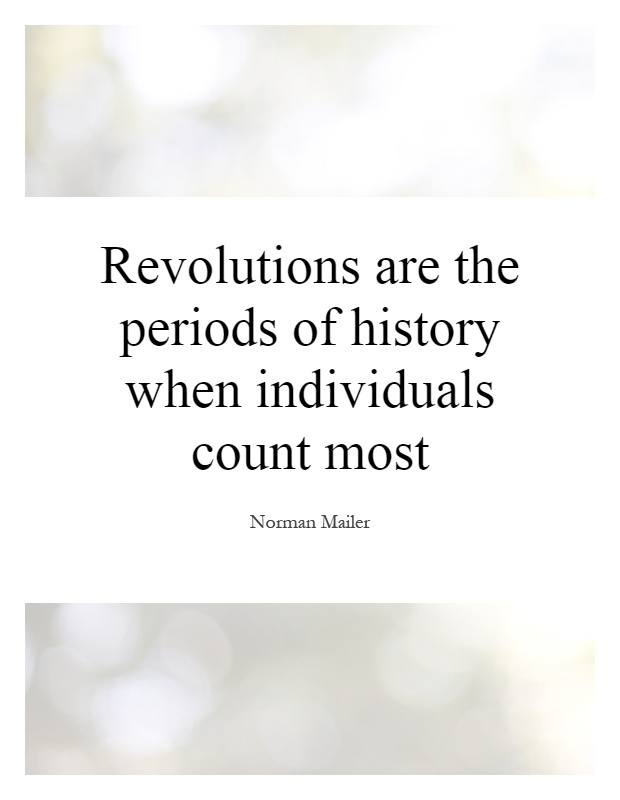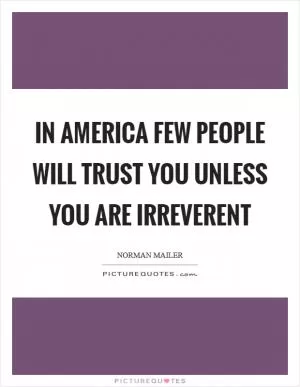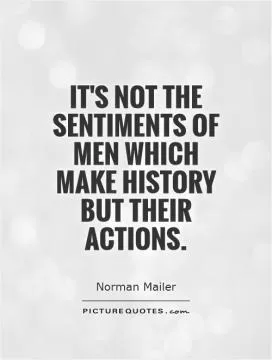Revolutions are the periods of history when individuals count most

Revolutions are the periods of history when individuals count most
Norman Mailer, a prominent American writer and cultural critic, was known for his provocative and controversial views on society and politics. Throughout his career, Mailer often explored the theme of revolution in his works, examining the impact of social change on individuals and society as a whole. In his writing, Mailer frequently emphasized the importance of individual agency and the role of the individual in shaping history during times of upheaval and transformation.One of Mailer's most famous works, "The Armies of the Night," is a non-fiction novel that chronicles his experiences at the 1967 March on the Pentagon, a pivotal moment in the anti-Vietnam War movement. In the book, Mailer reflects on the power of individual action and the role of the individual in sparking social change. He argues that revolutions are the periods of history when individuals count most, as it is during these times that ordinary people have the opportunity to rise up and challenge the status quo.
Throughout "The Armies of the Night," Mailer portrays himself as a reluctant hero, grappling with his own fears and insecurities as he joins the protest against the war. Despite his doubts and uncertainties, Mailer ultimately finds the courage to stand up for what he believes in and make his voice heard. Through his personal journey, Mailer demonstrates the transformative power of individual action and the potential for ordinary people to make a difference in the world.












 Friendship Quotes
Friendship Quotes Love Quotes
Love Quotes Life Quotes
Life Quotes Funny Quotes
Funny Quotes Motivational Quotes
Motivational Quotes Inspirational Quotes
Inspirational Quotes